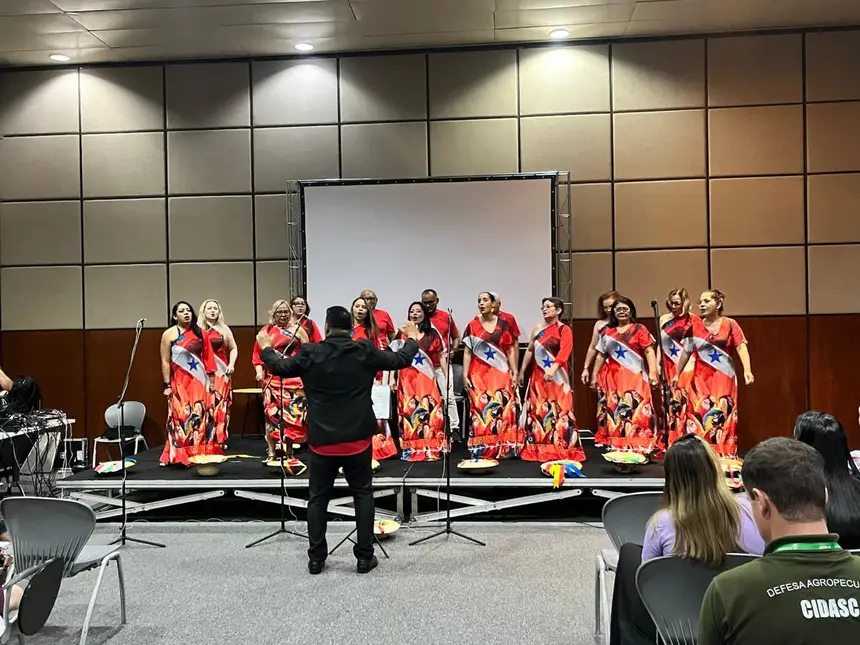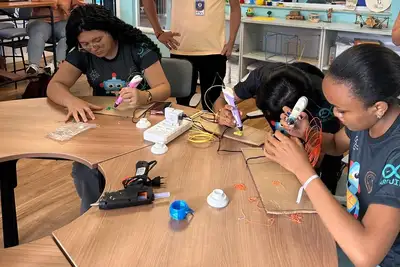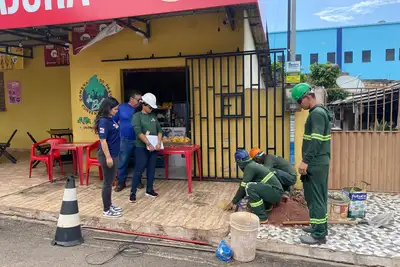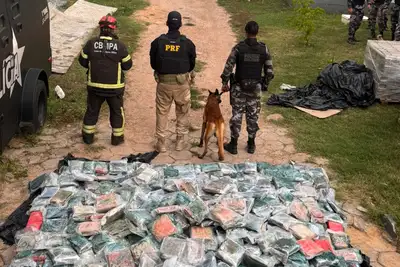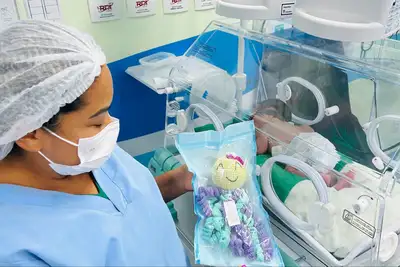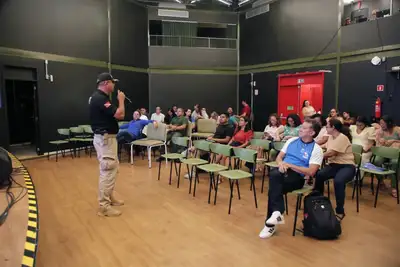SENAGRI 2025 concludes historic edition in the Amazon focusing on bioinputs and sustainable agriculture
Event held for the first time in Belém brought together specialists, rural producers, authorities, and representatives from agribusiness production chains
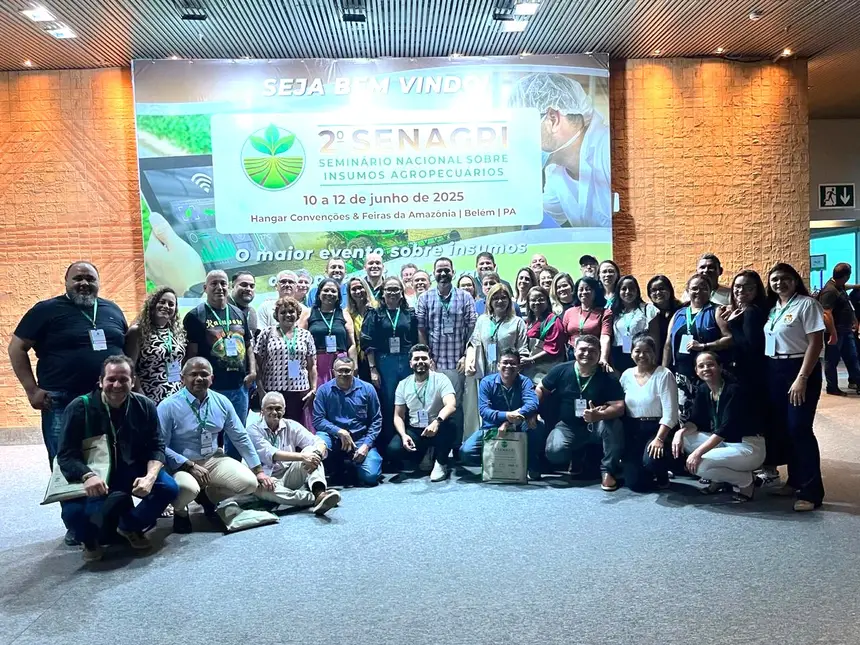
The largest national event dedicated to agricultural inputs came to an end this Friday (13), after three days of intense debates and exchange of experiences. The closing program highlighted the culture of Pará with a performance by the Choir "Vozes da Adepará", showcasing the rhythms of the region such as carimbó and toadas de boi.
Held for the first time in the Amazon region, the II National Seminar on Agricultural Inputs (SENAGRI 2025) brought together more than 500 participants in Belém (PA), including specialists, rural producers, authorities, and representatives from agribusiness production chains.
Organized by the Government of Pará, through the State Agricultural Defense Agency of Pará (ADEPARÁ), the meeting consolidated the region as a protagonist in discussions about sustainability, bioinputs, and innovation in the field. The program included more than 60 lectures, three national meetings, and debates around 17 thematic axes related to agricultural health and sustainable rural development.
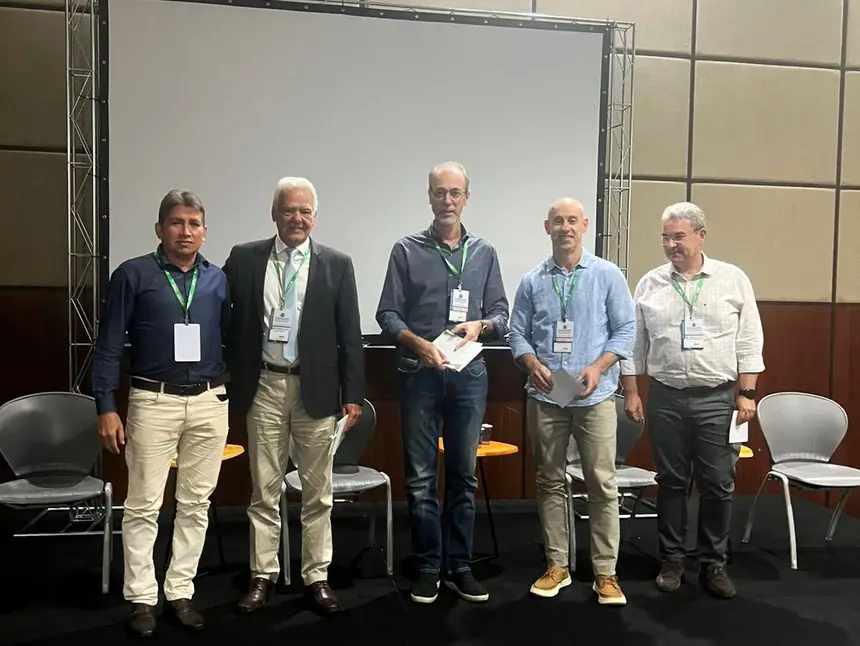
“SENAGRI fulfilled its role of valuing the agricultural potential of the Amazon and strengthening technical exchange between states. The event promoted a rich exchange of experiences between the public and private sectors, reaffirming the importance of dialogue and cooperation for the sustainable advancement of agriculture in the region,” highlighted Jamir Macedo, general director of ADEPARÁ.
Sanitary education and technical leadership - Among the highlights of the program, the panel on sanitary education caught the audience's attention, featuring veterinarian Clovis Improta, a national reference in the field. He advocated for the transformative role of education in preventing pests and diseases in the field.
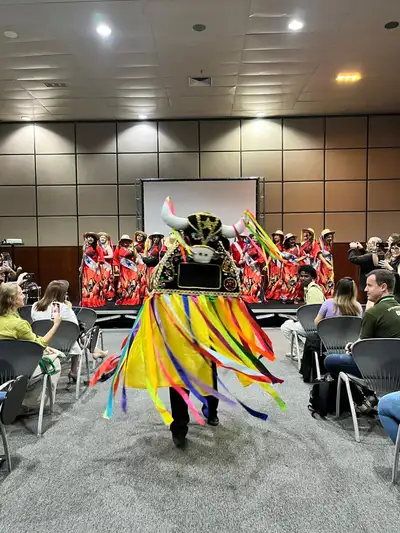
“Without education, there is no way to implement effective sanitary measures. The problem is not in the office — it is in the field, in the herd. And the change starts within families, including through children, who are often agents of transformation on the properties,” said Improta.
Agricultural inspector Clóvis Carneiro, from the sanitary education management of ADEPARÁ, acted as moderator and reinforced the relevance of the topic. “It was a moment of great interaction and reflection. We discussed not only sanitary education but also the role of new technologies and the importance of more effective communication with rural producers and society in general.”
National meetings - Parallel to the seminar, three national events expanded the technical scope of the program:
National Meeting on Seeds and Seedlings (ENASEM): discussed legislation, transportation, and commercialization of seeds in Brazil.
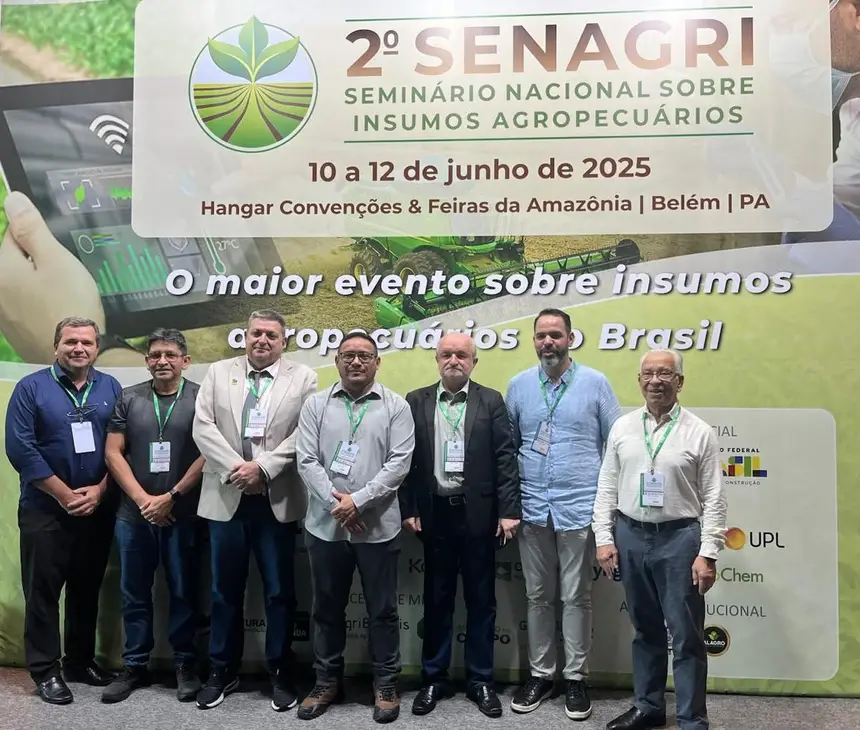
National Meeting on Pesticide Inspection (ENFISA): addressed regulatory and control advances in the use of agricultural pesticides.
National Plant Defense Meeting: reinforced the need for continuous training of professionals in the sector.
Luiz Guamá, pesticide manager at ADEPARÁ, highlighted the importance of bringing the event to the North of the country. “It is essential to decentralize the debate and allow the Amazon to participate in building technical solutions. Bioinputs, for example, gained prominence for presenting sustainable alternatives to the use of pesticides, helping to change public perception on the subject.”
Amazon in focus and female leadership - Held in Belém, a city that will host COP30 in 2025, this edition of SENAGRI also highlighted the strategic role of the North region in the global climate agenda. ADEPARÁ presented its strategies to ensure agricultural and livestock health in the 144 municipalities of Pará, reinforcing agribusiness as a driver of employment and income.
The panel “Women in Agro” brought female leadership to the center of discussions, highlighting initiatives led by women from family farming and local agro-industries.
“We are seeing more and more women leading rural enterprises. It is a transformation that promotes autonomy, income, and local development,” said Lucionila Pimentel, director of plant defense and inspection at ADEPARÁ.
Destination of the next edition - With a positive outcome considered a milestone for the agricultural sector in the region, SENAGRI already has a new destination: the next edition will be held in Santa Catarina.
“It was a fantastic exchange of experiences. Although the inspection model is the same, each state has its particularities and adaptations. Bringing this discussion to other parts of Brazil is essential to strengthen national agricultural defense,” concluded Luiz Guamá.


